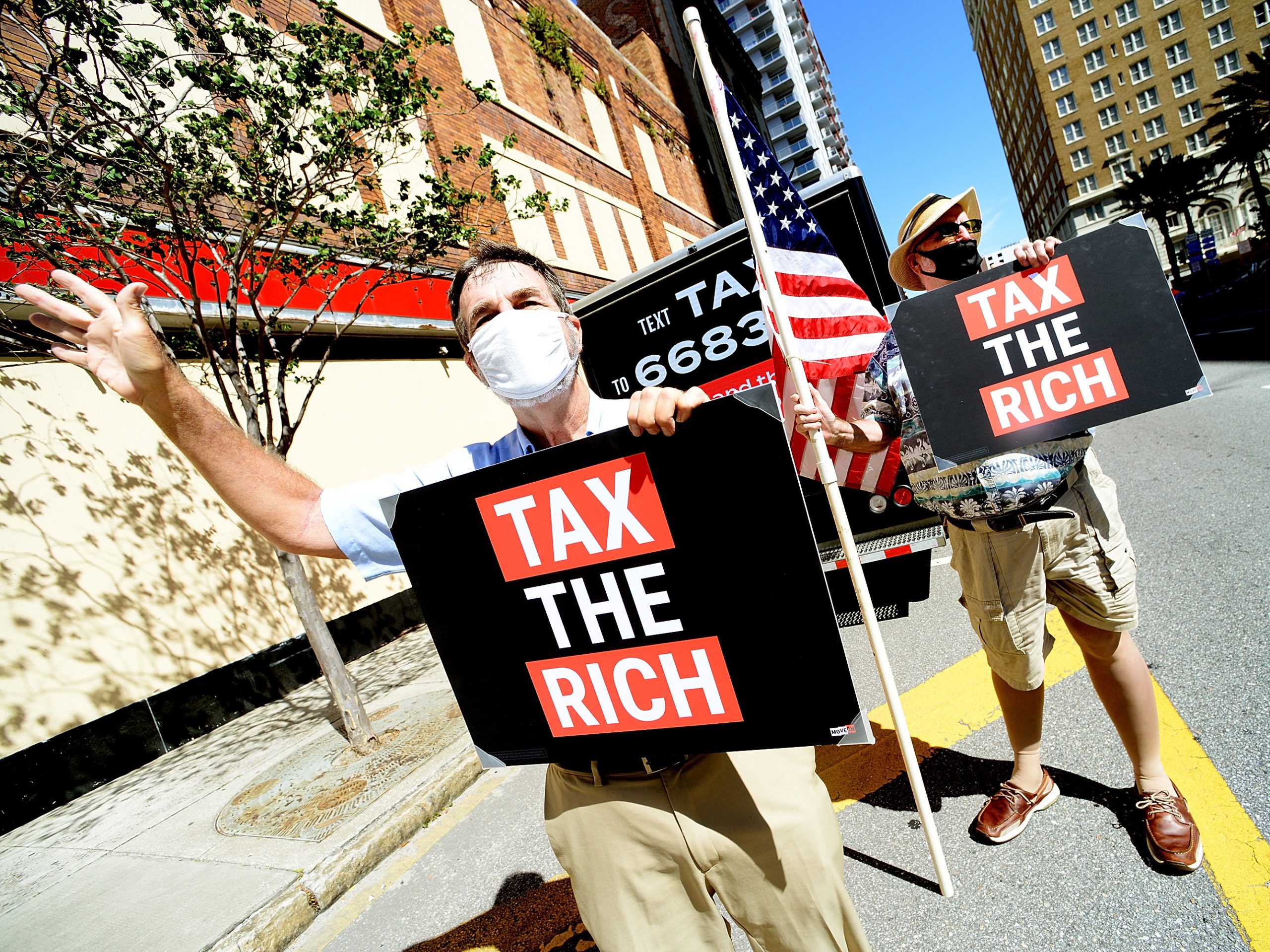As the political landscape in the UK undergoes shifts with increasing Labor influence, the possibility of new tax policies, particularly targeting the wealthy, comes into focus. Examining such prospects raises questions about the assets that might be targeted and the methods for determining their value.
1. Likelihood of Wealth Tax: The likelihood of a future UK government implementing taxes on the wealthy depends on political decisions and public sentiment. Labor influence may indeed push for more progressive tax policies, including measures targeting affluent individuals.
2. Targeted Assets: If such taxation were to materialize, it could potentially target various assets held by the wealthy. Common targets may include high-value properties, investment portfolios, and income above a certain threshold. Additionally, there might be considerations for taxing assets held offshore to prevent tax evasion.
3. Valuation Methods: Determining the value of assets is a crucial aspect of any wealth tax. Governments typically employ a combination of market valuations, self-assessment, and third-party assessments. The challenge lies in accurately valuing diverse assets, especially those like privately held businesses or unique investments.
4. Role of Physical Gold: Physical gold could play a role in this scenario. While gold is a tangible asset often viewed as a hedge against economic uncertainties, its value can be subject to fluctuations. If a wealth tax were to include precious metals, governments might consider market valuations or require individuals to report the quantity and quality of their gold holdings.
Conclusion: The possibility of the UK government taxing the wealthy in the future is contingent on various factors, including political dynamics and economic considerations. As discussions unfold, attention to the specifics of targeted assets and valuation methods will be essential to ensure fair and effective implementation.





